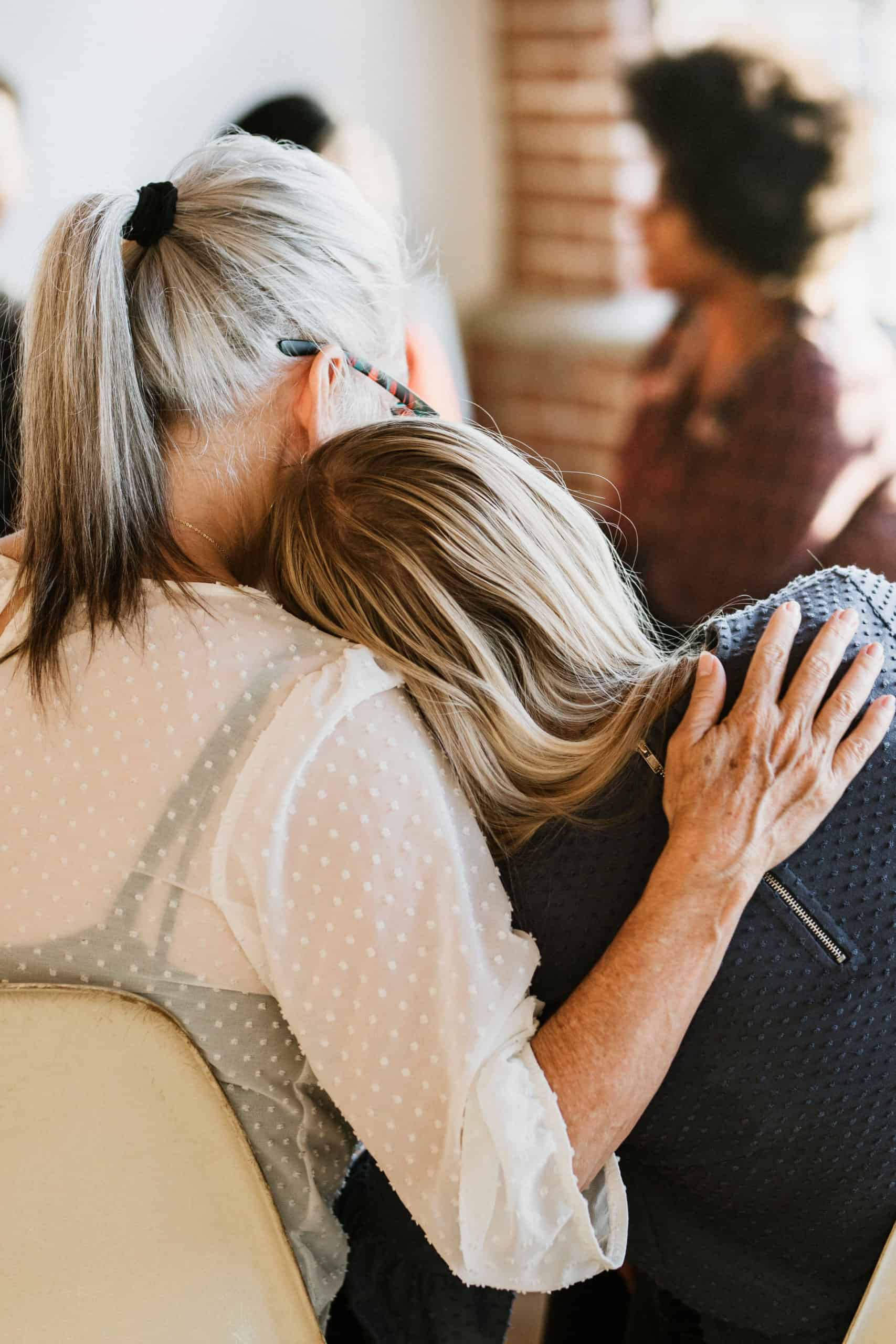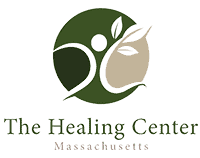Massachusetts, often referred to as the Bay State, is a beautiful historical state located on the East Coast of the United States. Unfortunately, Massachusetts has been impacted by addiction and alcoholism just like the rest of the United States. This is a guide to Greater Boston addiction centers and resources for individuals and families struggling with addiction.
Massachusetts Mental Health And Addiction Statistics
Addiction is a disease with far-reaching consequences. It impacts individuals, families, and the communities as a whole. Reports from the Bureau of Substance Addiction Services reported that in 2017 there were over 98,000 admissions for addiction treatment services in 2017.
The 2020 Behavioral Health Barometer: Massachusetts reported that adults of the age 18-25 binge drink alcohol at rates higher than the national average.
Data collected for 2017-2019 suggest a past-month binge drinking rate of 45.9% for Massachusetts residents compared to a national past-month binge drinking rate of 35.4%, which may be partly attributed to the culture of binge drinking in universities.
Rates of illicit drug use disorder for Massachusetts residents aged 12 or older were a little higher than national averages as well. Between 2017-2019, 3.4% of Massachusetts residents struggled with drug use in the past year versus a national average of 2.9%.
Massachusetts also faces serious difficulties in relation to opioid misuse, addiction, and fatal overdose. A press release from the Department of Public Health states, “the opioid-related overdose death rate in Massachusetts increased to 33.5 per 100,000 people in 2022, 2.5 percent higher than in 2021 (32.7 per 100,000) and 9.1 percent higher than the pre-pandemic peak in 2016″.
Both addiction and mental health disorders are considered to be public health concerns. Furthermore, they are often related and go hand-in-hand with each other. In Massachusetts, mental health and addiction treatment are provided through both private and government- funded programs. Drug addiction rehab and mental health care is generally provided on a local level by community-based providers.

Opioid Overdose in Boston
Boston is the largest city in Massachusetts. Thus, it also accounts for the highest opioid related overdoses in the state. There has been a larges increase in the number of opioid overdose deaths in Boston since the year 2015. This reflects the national trend that the country faces, as the opioid crisis continues to ravage the nation. If you or a loved one are struggling with addiction to opioids, then Greater Boston addiction centers and resources can help you get the help you need.

Greater Boston Addiction Centers And Rescources
The state of Massachusetts has taken strong initiatives in order to combat the growing addiction and mental health crisis that the state has faced in recent years. Greater Boston, Massachusetts, offers a range of addiction centers and resources to support individuals struggling with substance use disorders. Here are some key resources in the Greater Boston area:
Massachusetts Substance Use Helpline: This statewide helpline offers information and resources for individuals seeking help with addiction. You can reach them at 1-800-327-5050.
Massachusetts Bureau of Substance Addiction Services (BSAS): The BSAS provides information about treatment and recovery services, including a directory of licensed treatment providers in the state. You can visit their website for more information.
McLean Hospital: Located in Belmont, McLean Hospital offers comprehensive addiction treatment services, including inpatient and outpatient programs. They provide specialized care for various substance use disorders.
Boston Medical Center (BMC): BMC’s Grayken Center for Addiction is a leading center for addiction treatment and research. They offer a range of services, including medication-assisted treatment (MAT) and outpatient care.
The Dimock Center: This center, located in Roxbury, provides substance use disorder treatment services, including outpatient programs, counseling, and support groups.
Learn to Cope: Learn to Cope is a support network for families and loved ones of individuals struggling with addiction. They have chapters throughout Massachusetts, including in the Greater Boston area, where you can find peer support and education.
SMART Recovery: SMART Recovery is a science-based, self-help addiction recovery program. Meetings are held throughout the Greater Boston area and can be a valuable resource for individuals seeking peer support.
Alcoholics Anonymous (AA) and Narcotics Anonymous (NA): Both AA and NA have meetings throughout the Greater Boston area. These 12-step programs offer support for individuals recovering from alcohol and drug addiction.
Massachusetts Organization for Addiction Recovery (MOAR): MOAR is an advocacy organization that provides resources and support for individuals in recovery and their families.
RIZE Massachusetts: RIZE Massachusetts is a nonprofit organization dedicated to addressing the opioid epidemic. They support initiatives focused on harm reduction, treatment, and recovery.
Recovery High Schools: There are several recovery high schools in Massachusetts, including the Greater Boston area, that offer education and support to students in recovery from substance use disorders.
Community Health Centers: Many community health centers in Greater Boston offer substance use disorder treatment and support services. These centers often provide affordable care options.
Remember that seeking help for addiction is a courageous step, and there are many resources available in the Greater Boston area to support individuals and their families on their journey to recovery. It’s essential to reach out to these organizations directly to learn more about their services and availability. Additionally, consulting with healthcare professionals or addiction specialists can provide personalized guidance for your specific situation.

Request a Confidential Callback
Treatment For Addiction In Greater Boston
In Greater Boston, there are various treatment options available for individuals seeking help for addiction. These treatment programs often involve a combination of medical, behavioral, and supportive services to address the unique needs of each person. Some treatment options include:
Inpatient or Residential Treatment: Inpatient programs provide a structured environment where individuals live at a treatment facility for a set period, typically ranging from a few weeks to several months. These programs offer intensive therapy, medical support, and 24/7 supervision.
Outpatient Treatment: Outpatient programs allow individuals to receive addiction treatment while living at home. These programs are suitable for those with less severe addiction issues or who have completed inpatient treatment. Outpatient treatment includes counseling, group therapy, and medication-assisted treatment (MAT).
Medication-Assisted Treatment (MAT): MAT combines medication with therapy and counseling to treat substance use disorders. Common medications include methadone, buprenorphine, and naltrexone. MAT is effective in treating opioid and alcohol use disorders.
Counseling and Therapy: Individual and group counseling sessions are essential components of addiction treatment. Therapists and counselors help individuals explore the underlying causes of their addiction and develop coping strategies.
Detoxification Services: Detox programs provide medical supervision and support to individuals going through withdrawal from drugs or alcohol. It’s often the first step in the treatment process.


The Benefits Of Addiction Rehab
There are a multitude of benefits that come with entering into a drug rehab program. The most important benefit is that you will receive the treatment you need in order to overcome your addiction and any other potential co-occurring mental health disorders.
Benefits of rehab include:
- 24/7 medical care
- Psychological support and treatment
- Treatment for co-occurring disorders such as anxiety and depression.
- A safe environment that is alcohol and drug free.
- Support from other sober peers
- Help with mending relationships
- Help with developing life skills which make early recovery easier
- A variety of different therapeutic modalities which develop healthy coping skills
In short, rehab programs lay the groundwork for your new life. You are able to work on yourself in a healthy and safe environment. Furthermore, you will have round the clock support to get you through the difficult phase of early sobriety.
Drug And Alcohol Rehab In Greater Boston
Recovering from addiction is not easy, but The Healing Center’s drug and alcohol rehab in Greater Boston can make the process easier. We help you every step of the way, from admission to aftercare. Begin to take control of your life today. Recovering from addiction is possible, provided you get the help you need. Give us a call or learn more about our admissions process and we’ll take the next step together.








